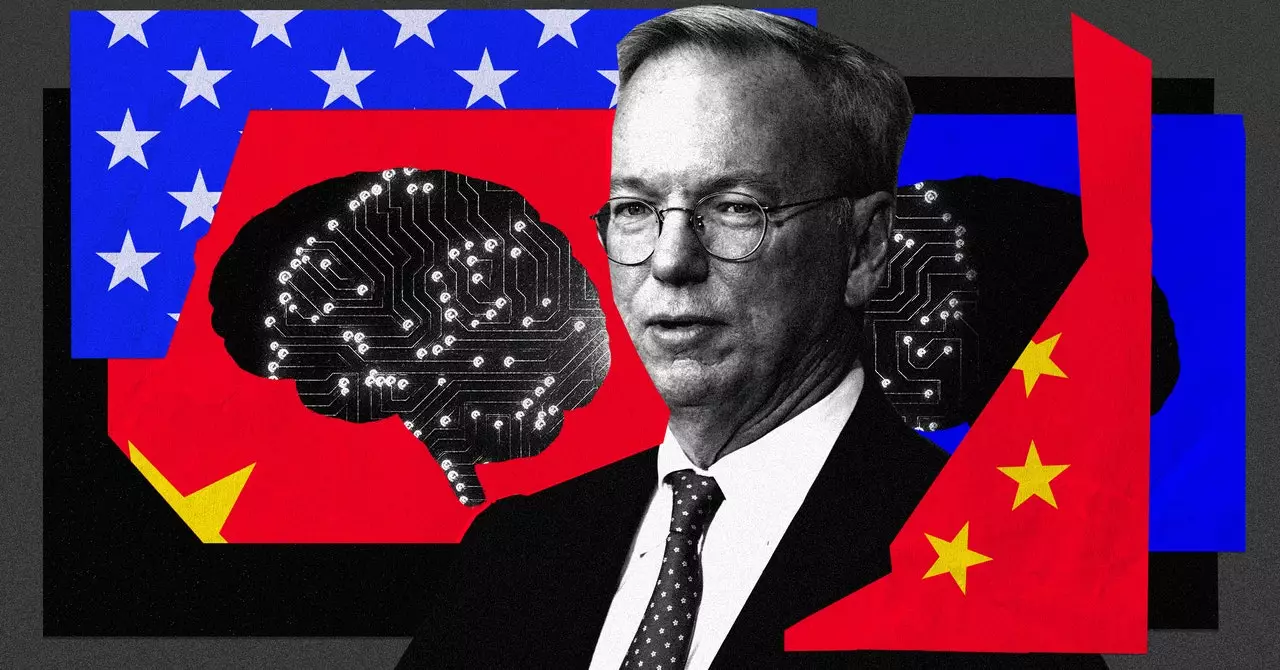In a surprising turn of events, newly disclosed emails reveal that former Google CEO and executive chairman Eric Schmidt was seeking personal connections to China’s AI industry during a visit to Beijing, just months before the US government’s National Security Commission on Artificial Intelligence (NSCAI) warned about China’s use of AI to advance an autocratic agenda. This revelation raises questions about Schmidt’s involvement with Chinese tech firms and the potential implications for US national security.
Tax filings show that a nonprofit private foundation overseen by Eric Schmidt and his wife contributed to a fund that feeds into a private equity firm investing in Chinese tech companies, including those in AI. The Eric and Wendy Schmidt Fund for Strategic Innovation invested almost $17 million in a fund connected to Hillhouse Capital, a firm that has made significant investments in Chinese AI companies. This financial relationship adds another layer of complexity to Schmidt’s ties to China’s tech industry.
When the NSCAI issued its full findings in 2021, Schmidt and the commission’s vice chairman expressed concerns about China’s plans, resources, and progress in AI, emphasizing that China’s domestic use of AI sets a chilling precedent for individual liberty worldwide. These warnings underscore the potential national security risks posed by China’s advancements in artificial intelligence and raise important questions about the role of influential figures like Eric Schmidt in steering the US response to these challenges.
The email communications between Schmidt’s philanthropic venture and the NSCAI shed light on the nuanced relationship between Schmidt and China’s AI industry. While the exact nature of any resulting engagements or business dealings remains unclear, the interactions highlight the paradoxical mix of rivalry and interdependence that characterizes the interactions between the world’s two most powerful nations. This delicate balance raises concerns about the potential for conflicting interests and the need for transparency in high-stakes technological domains.
Schmidt’s connections to China’s AI industry and the implications for US national security underscore the importance of transparency and accountability in managing relationships with geopolitical rivals. As AI technologies continue to advance rapidly, it is crucial for policymakers, business leaders, and philanthropists to uphold ethical standards and prioritize national security interests. The revelations surrounding Eric Schmidt’s ties to China’s tech industry serve as a stark reminder of the complexities and challenges inherent in navigating the evolving landscape of AI competition and cooperation.


Leave a Reply